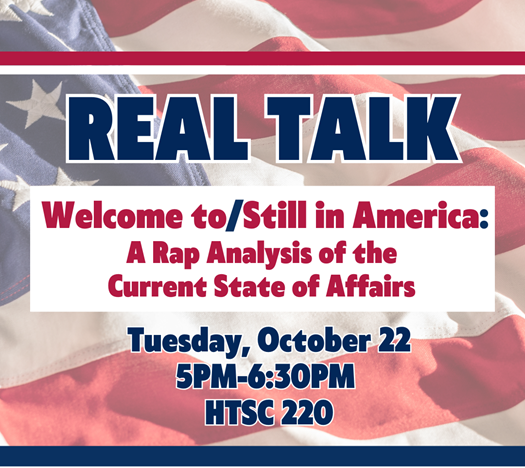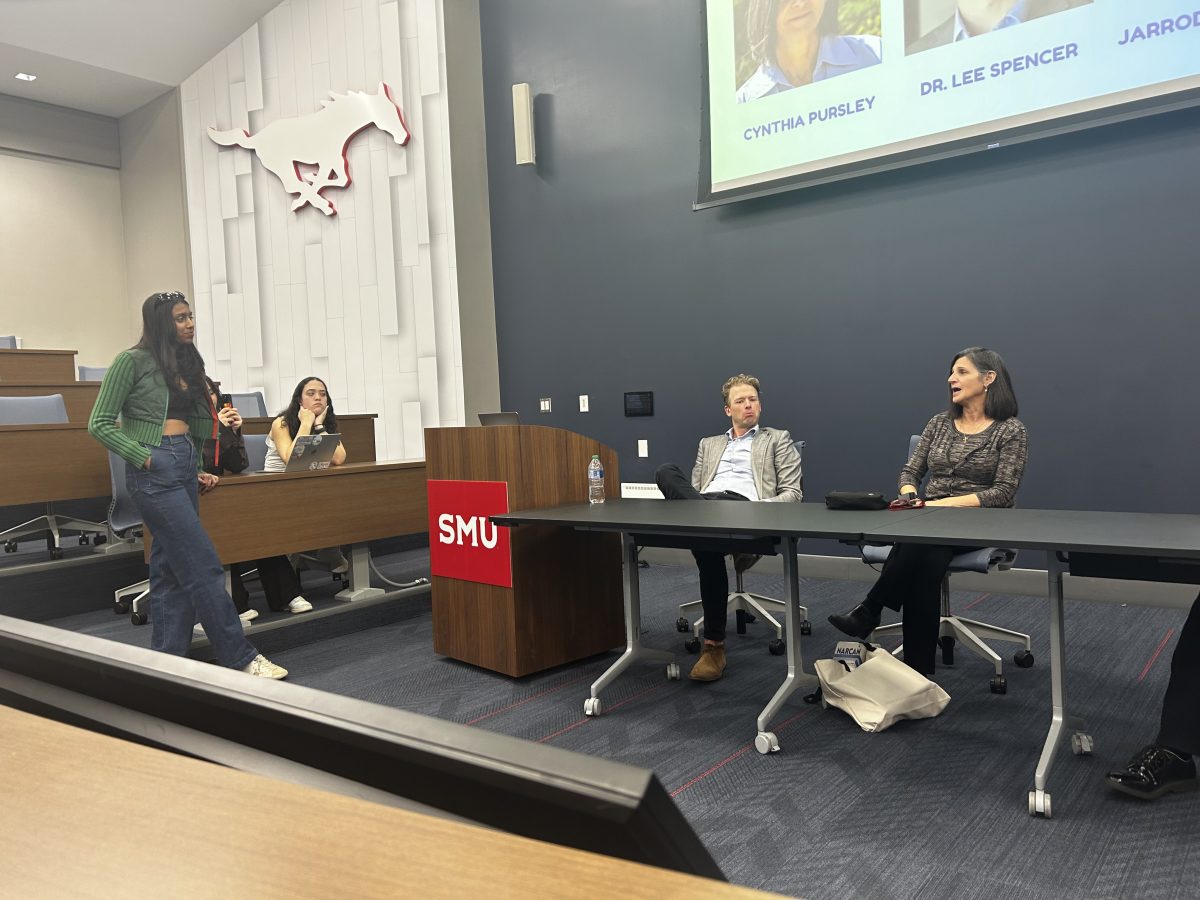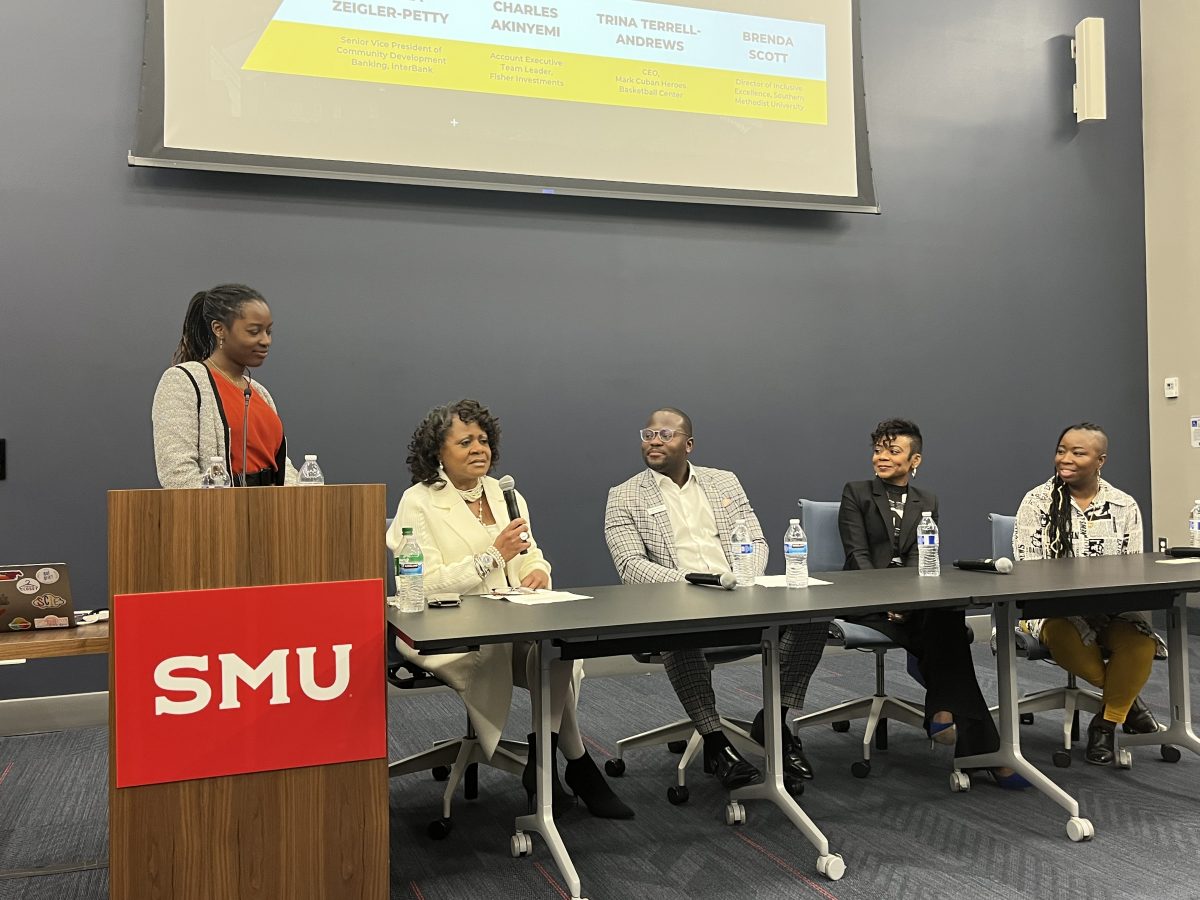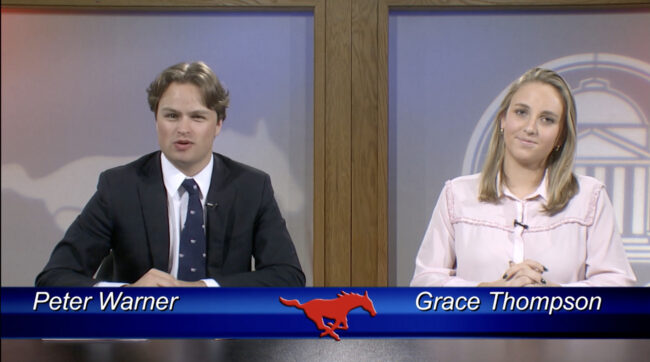On Dec. 20, 1973, a small roll of paper spat out of the wire service machine at American Forces Network radio station in Madrid, Spain. A young, unknown John McCaa, now an award-winning Dallas news anchor, was the first one at the station to learn that former Spanish Prime Minister Luis Blanco was dead.
He did what any intern would do, slowly rereading the strip of news before handing it over to the radio announcer. It was his first day and he waited for further instructions from his superior before taking any additional action.
“I saw all the color drain from his face. He said, ‘you don’t talk to anybody. You don’t pick up the telephone. You say nothing to no one. You don’t go anywhere. You just stand right here,'” McCaa said. “You don’t move.”
His boss picked up a phone and dialed a number unknown to McCaa. Minutes later, the station made a decision about announcing prime minister’s death. News of Blanco’s death was delayed for hours as the government tried to pick of the pieces of a falling regime. Instead of breaking the news to the public as expected, the station filled the Spanish airwaves with classical music.
“People say it was a democracy there, but it wasn’t. It was chose Blanco candidate one or Blanco candidate two,” McCaa said.
John McCaa has worked for WFAA-TV for almost 30 years. He began as a reporter in the Fort Worth newsroom and later transferred to Dallas, where he served as a reporter, weekend anchor and news manager. Today, he’s most known for his co-anchor position alongside Gloria Campos for the 6 p.m. and 10 p.m. weeknight news.
“He’s a complex, smart and talented man in ways that people would never ever realize,” Campos said in a D Magazine profile of McCaa.
After graduating from Creighton University with a bachelor’s degree in journalism and mass communication, McCaa worked for WOWT in Omaha, Nebraska. But before starting his career as journalism, he lived the life of a full-time military brat.
“Being a child of a military family, I probably have a better understanding of what goes on in the military than other people,” McCaa said.
Following his father’s job in the United States Air Force, McCaa and his family moved first to Torrejon, Spain and then Madrid in his fourth-grade and tenth-grade year. He recalled his experiences abroad and family conversations about democracy motivating him to become a journalist.
“When I was a kid, living in Spain, Lyndon Johnson was the president… I walked in the house and [asked my mom] ‘why we don’t run the house like a democracy?’ She smiled, took me to the window and said, ‘Lyndon Johnson runs all that out there,” McCaa mused. “‘In this house, I’m president,’ she said.”
Students, faculty and guests comfortably sat in Caruth Auditorium waiting for the annual Rosine Smith Sammons Lecture in Media Ethics featuring WFAA news anchor John McCaa to begin Wednesday night.
Following a welcome by Meadows Dean Jose Bowen and introduction by Belo Distinguished Chair in Journalism Tony Pederson, McCaa stepped to the podium. He humbly began by acknowledging his co-workers, wife and previous Sammons speakers.
“Your lecturers, I think [are] a distinguished panel,” McCaa said. “I hope this evening, you and I will be able to sit down and get some ideas [of] why journalism is so important.”
McCaa argued journalism as the root of a true democracy. He urged the audience to become informed individuals and fulfill their obligation as citizens to voice their opinions.
“I know that may sound a little too political for people, but I can’t emphasize this enough,” he said. “This is a republic. You are not subjects. You are citizens. You are supposed to raise some hell.”
In his time as a reporter, McCaa has covered hell-like situations, including 9/11 and the John F. Kennedy, Jr. plane crash. He has covered Texas stories, national stories and even reported from Rome, Hong Kong and Honduras. And even though the stories change, McCaa says one thing remains constant.
“No matter how technology changes, you must have higher standards for what you do in whatever media you do it in,” he said.
McCaa cited technology, a 24-hour news appetite, changing news values and citizen journalism as the four major challenges for an ethical media.
“With all of the technology that we have now, anyone can be a journalist. Although this makes news faster and more immediate, it can be a double-edged sword,” SMU sophomore Tayler Kimbrough said.
McCaa brought up news from July as an example of escalated reporting. When a shooting incident in South Dallas’ Dixon Circle turned into a riot, WFAA worked many hours to get the full story to the public. He compared news presentation to food, idealizing a well-balanced news over junk news.
“There should be some meat or some fish or pork… There should be some salad,” MaCaa said. “The problem is that too often we see news as junk food, Twinkies, French fries. It’s good food, but [there is] trouble when you eat too much of [it].”
Pictures of obese and overweight sculptures flashed across the screen in front of the auditorium. The audience laughed and chuckled at McCaa’s vivid metaphor. He opened the floor to both personal and professional questions after his address.
“I’m a Jesuit-educated Baptist. You know I got some guilt issues,” he joked.
Questions from the audience ranged from embed, journalists who travel with military groups for reporting, to career advice. He acknowledged the biggest problem for students today is tuition debt, but encouraged students to look beyond the numbers when searching for a job.
“There is a job for every student who wants to be journalist if you don’t quit,” he said.
Kimbrough felt McCaa’s words were motiva
tion enough to keep trying.
“He was very inspirational and let people know that you have to be steadfast and diligent in the journalism world,” she said. “I really liked that.”
McCaa is currently working on a Ph.D. in the history of ideas at the University of Texas at Dallas. His blog, Uncut with John McCaa, offers both news and opinion on a weekly basis. You can see him co-anchoring every night on Channel 8 at 6 p.m. and 10 p.m. Monday through Friday.








